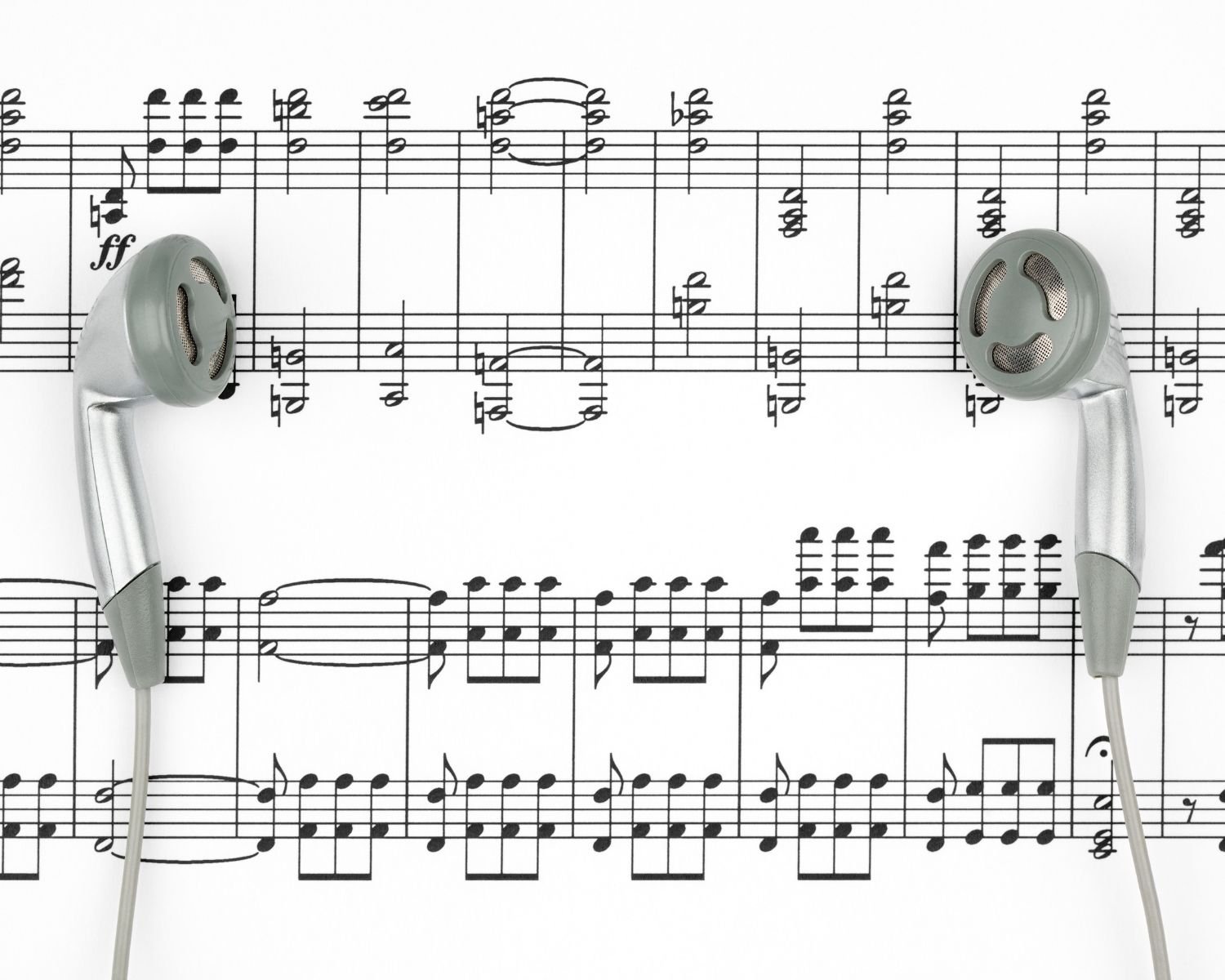5 tips for developing and strengthening your musical ear
How to develop your musical ear?
Have you ever wondered how a musician can transcribe a guitar piece to piano in just a few minutes? Would you like to be able to play a piece of music again just by listening to the melody once? You can do all this by developing your musical ear, a precious asset for understanding and fully appreciating the nuances of each composition.
Developing your musical ear enables you to perceive harmonic subtleties, rhythmic variations and melodic nuances with greater clarity. Whether you're a passionate musician looking to improve your guitar solos or an amateur wanting to perfect your piano or drum improvisations, discover all our tips for understanding and developing your musical ear.
What does it mean to have a musical ear?
The musical ear is an auditory skill that enables a person to recognize and identify musical notes, chords, melodies and rhythms with precision.
There are two types of musical ear:
The absolute ear: individuals with an absolute ear can instantly identify and name a musical note without any external reference. For example, they can hear a single note played on the piano and immediately tell which note it is. Absolute hearing is an extremely rare phenomenon, estimated to affect one person in 10,000..
The relative ear: the relative ear enables a person to recognize melodies, identify chords and discern musical nuances in relation to a reference note.
The musical ear may be innate in some people, while others can develop and improve it over time through training and regular musical practice. If you want to develop your musical ear, find the method that's right for you and practice.
💡 Do you know what Bach and Mozart have in common? Apart from being two great and talented composers, they also both had an absolute ear!
Why develop your musical ear?
Gaining precision in musical interpretation: a well-developed musical ear enables musicians to play with greater precision, reproducing notes, chords and nuances with accuracy.
Learn a new tune more easily: recognizing melodies and chords makes it easier to learn new tunes, because you can decipher them more quickly and memorize them more effectively.
Improvising: with a sharpened musical ear, musicians can improvise and create new melodies more easily.
Boost creativity in musical composition: a developed musical ear gives composers a greater understanding of harmonies and melodies, enabling them to create original pieces.
Better communication with other musicians: when collaborating with other musicians, a developed musical ear facilitates synchronization, harmonization and responsiveness to musical changes.
5 tips for developing your musical ear
Developing your musical ear enriches your musical experience, whether you're an amateur or a professional musician. By working on and improving your musical ear, you'll appreciate music differently, play with greater precision and be more capable of improvising or reproducing a new piece.
Practice active listening to improve your musical ear
Active listening involves identifying the key elements in a musical composition, i.e. recognizing main melodies, recurring motifs, chord progressions and changes in tonality. By honing your ability to spot these elements, you'll be able to deconstruct and understand the structure of a piece.
Active listening is practiced by :
Listening to various genres and styles of music,
carrying out targeted exercises to develop auditory memory,
taking the time to concentrate on identifying the elements of a piece of music,
regularly practicing listening to music attentively.
Strengthen your harmonic ear
The harmonic ear is the auditory ability to perceive and understand chords, chord progressions and harmonic relationships within a piece of music.
Strengthening the harmonic ear helps to recognize chord progressions in a piece of music. A well-trained harmonic ear can quickly distinguish a familiar chord progression and predict the harmonic direction the music will take.
By working on your harmonic ear, you'll be able to transcribe pieces of music more easily with another instrument. A real asset for composing music and creating beautiful harmonies!
Train your harmonic ear with a range of applications or online exercises specially designed to develop chord recognition and harmonic progressions!
Reproduce melodies and chords by ear
Play melodies and chords on your instrument by ear alone, without the use of sheet music sheet music. By listening carefully to a melody and reproducing it on a musical instrument without notation, you develop your ability to grasp the nuances and subtleties of the original melody. It also fosters a better understanding of the relationships between notes, such as their interval, which corresponds to the difference in pitch between two notes. This interval can be harmonic or melodic.
Improvise a piece on guitar or piano in harmony with the musical accompaniment given. This may take some concentration at first, but the more you practice, the more comfortable you'll become.
Another advantage of developing your musical ear is that you can compose an original melody by choosing notes that evoke the emotions and moods you're looking for.
Develop your sense of rythm
Want to improve your sense of rythm ? Practice rhythmic clapping. With this exercise, you'll improve your rhythmic solfege and strengthen your ability to reproduce time divisions and syncopations. It also helps you develop an internal sense of rhythmic anchoring, which is essential for maintaining good timing when performing music.
Listen carefully to the rhythmic patterns of a musical composition or recording and try to reproduce them accurately by tapping or playing an instrument.
Our final tip for working on your sense of rythm : play with other musicians. When you play in a group, you synchronize your playing with that of the other members to create a collective groove.
🎺 Playing in an orchestra? Work on your scores remotely and share your annotations directly with other musicians and the conductor thanks to the collaborative platform (available on web and iOS) NewzikEnsemble. Scores are automatically synchronized in real time between all musicians.
Regular training and perseverance
As withlearning a musical instrumentdeveloping your musical ear takes perseverance. Devote time to music every day and gradually build up your musical ear. Retranscribing pieces to another musical instrument, working on your sense of rythm or reproducing notes without a score are all exercises you can practice on a daily basis and even on vacation !
Some ideas for exercises:
Practice recognizing melodic intervals in music to improve your sense of pitch and distance between notes.
Reproduce musical sequences after hearing them to strengthen your musical memory.
Use an application dedicated to training your musical ear.
Play in a group to improve your sense of rythm and your ability to harmonize your parts with the other instruments.
Developing your musical ear takes patience, hard work and perseverance. The good news is that whether you're a professional or amateur musician, whether you play guitar, bass, piano, drums or violin, anyone can develop their musical ear! So get practicing, and soon music will hold no secrets for you!
📱 Do you dream of accessing your scores wherever you are from your tablet? With the Newzik interactive score readerinteractive score reader, you can find all your scores at a glance, and add your own annotations while you wait for your next lesson with your music teacher. Import your scores directly from your computer, or scan your paper scores from the application, and you're ready to go! Your scores are then updated on all your devices and saved in the Newzik cloud. Let's play!

